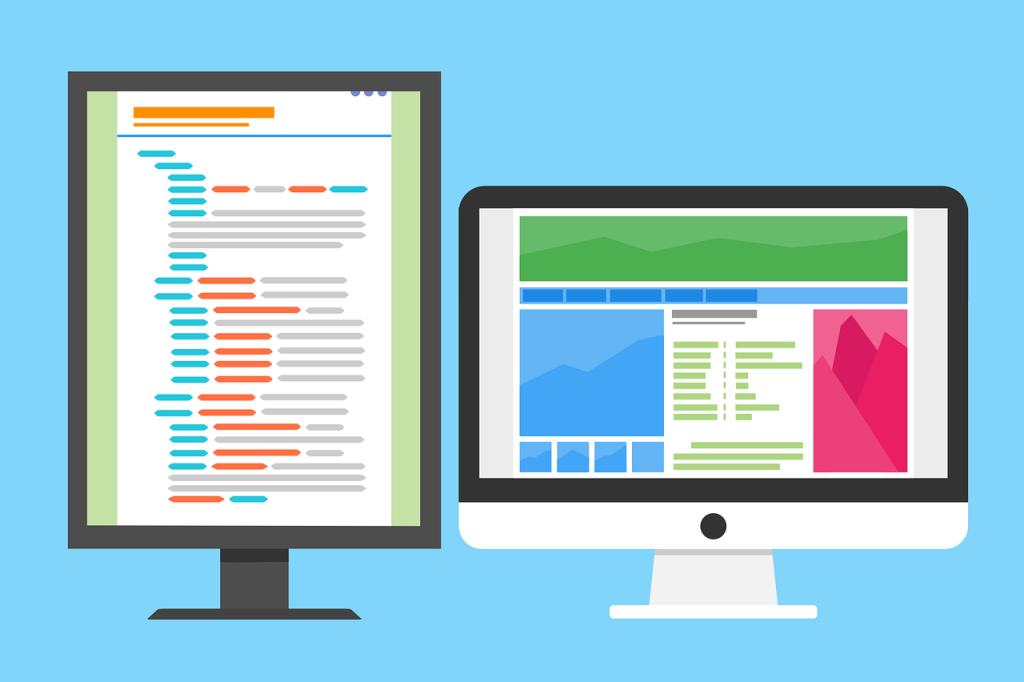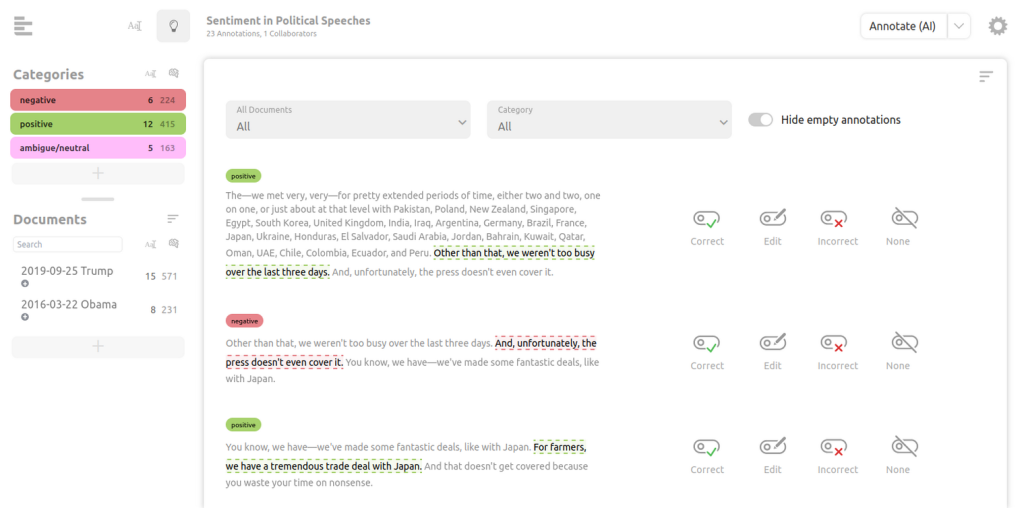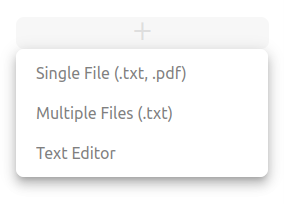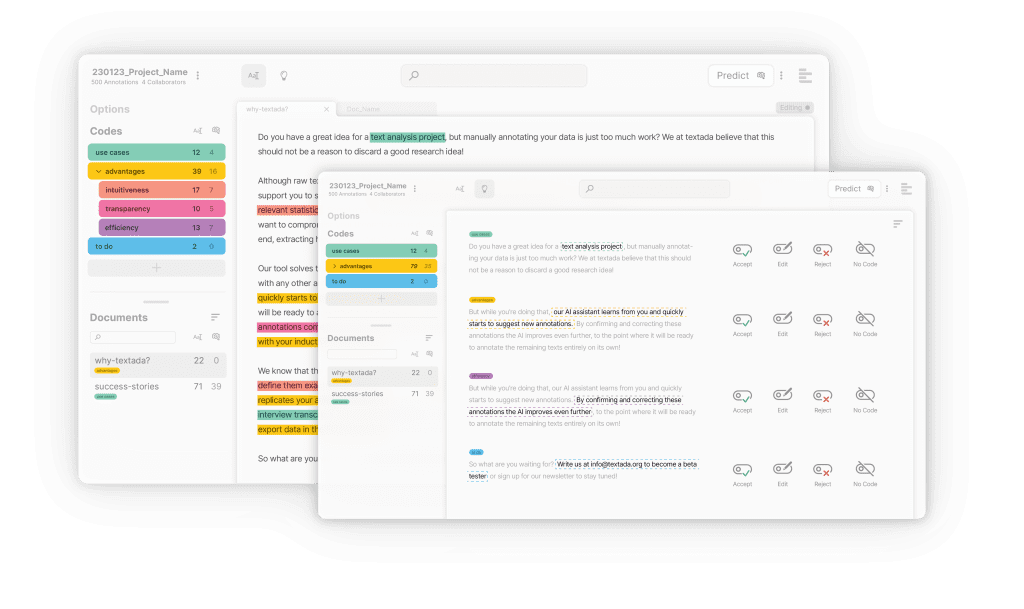your content analysis project and textada – is it a match?
Let’s say you want to start a content analysis project. You identified your research area and defined a research question. Maybe you already found or even created a good text corpus: From social media posts and news articles to academic publications and automatically transcribed interviews, the unprecedented amount of text data available in the digital age has the potential to fuel groundbreaking research. You know how to perform a content analysis in theory, but now you are wondering which software you should use. In case you are wondering if textada is a good fit for you and your project or are just in general interested what textada works best for, then this article will give you the answers you need.

say you want to…
… use the power of AI but you are not a computer science expert

You have seen the power of AI and language models, such as in ChatGPT, but you don’t have the computer science expertise to build your own AI model? Or you may even have that, but you need a neat graphical interface to work interactively with the AI? textada has got you covered! We aim to bring the advantages of state-of-the-art AI developments to you and your content analysis project. Your job is to be the expert in your field, we provide state-of-the-art techniques to assist you.
… keep full control over your codings

AI, or machine learning models, have reached great capabilities in natural language understanding. But just as human coders, they might make some mistakes. Textada offers multiple features to assure that you are in control of all your codings. To check the codings the AI assistant added, you can simply use the active view, which allows you to skim through these annotations and quickly change them if necessary. You prefer to work in the document editor? No problem, codings the AI adds to the project have a dashed outline and are visually easily distinguishable from your manual annotations until you confirm them. You can also easily retrain your model after a few updates to achieve improved model results. And of course you can also always change your manual codings!
… find abstract and complex categories in the semantic content of your text

Text offers many aspects to analyze. While it may be the right approach for some projects to focus on keywords only, images or the formatting of documents, textada is best for a detailed semantic analysis. Your categories may also grasp very abstract and complex concepts that require a high level of expertise and language understanding. Our AI can handle synonyms, negations, and fine-grained nuances in texts – just as a human coder. And by the way – looking for keywords in your documents is a great starting point for your coding process. In fact, textada has a keyword assistant to help you with that!
… analyze large amounts of text
In today’s digital age, an unprecedented amount of text data is becoming increasingly accessible. While this is opening doors to many new research opportunities across various domains, it makes many projects infeasible. If you do not have the resources to analyze them all manually – may it be time, human coders, or funding – our AI is there to help!
… get some first results quickly
You have a research idea, but you are unsure if it is worth pursuing? If you need some first results quickly to make a decision, textada is great for you! After only a few manual annotations, you can annotate all your documents and get a first impression if your idea is feasible given the data and the categories. No need to hire coders or to perform hours of manual annotation – textada can help you do this in less than an hour, saving you plenty of resources!
… analyze text files and PDF documents

If your analysis is about the use of graphs and tables, document structure or even videos, textada is not the tool for you. Textada is about diving deep into the semantics, and the easiest way to do this is by focusing on text. You can therefore upload text files or you can convert pdf files to use them in textada.
… transfer your codings from another project to new data

Have you done an interesting analysis before and now there are new perspectives? You might have access to new data or you want to compare your previous results to a similar use case. If you have done your analysis in another content analysis tool, then you can save it in the Refi-QDA format (.qdpx) and directly import it into textada! Of course, you can also start a project from scratch in textada.
… find an easy, quick and OS-independet solution for your annotation software
Instead of installing and setting up software on your local hard drive or struggling with operating system dependencies, you can simply use textada in your browser. This means you don’t need to install anything, it will look the same on all operating systems and the performance of your laptop is irrelevant.

If some of these points apply to your content analysis project idea, you should try doing your project with textada! Get your free access now!